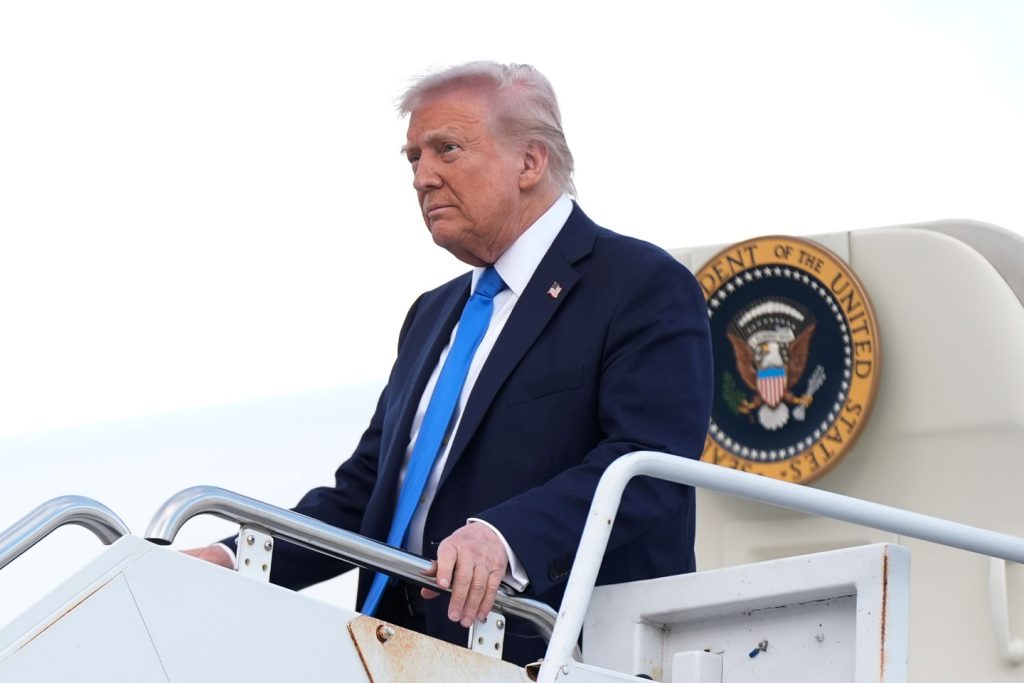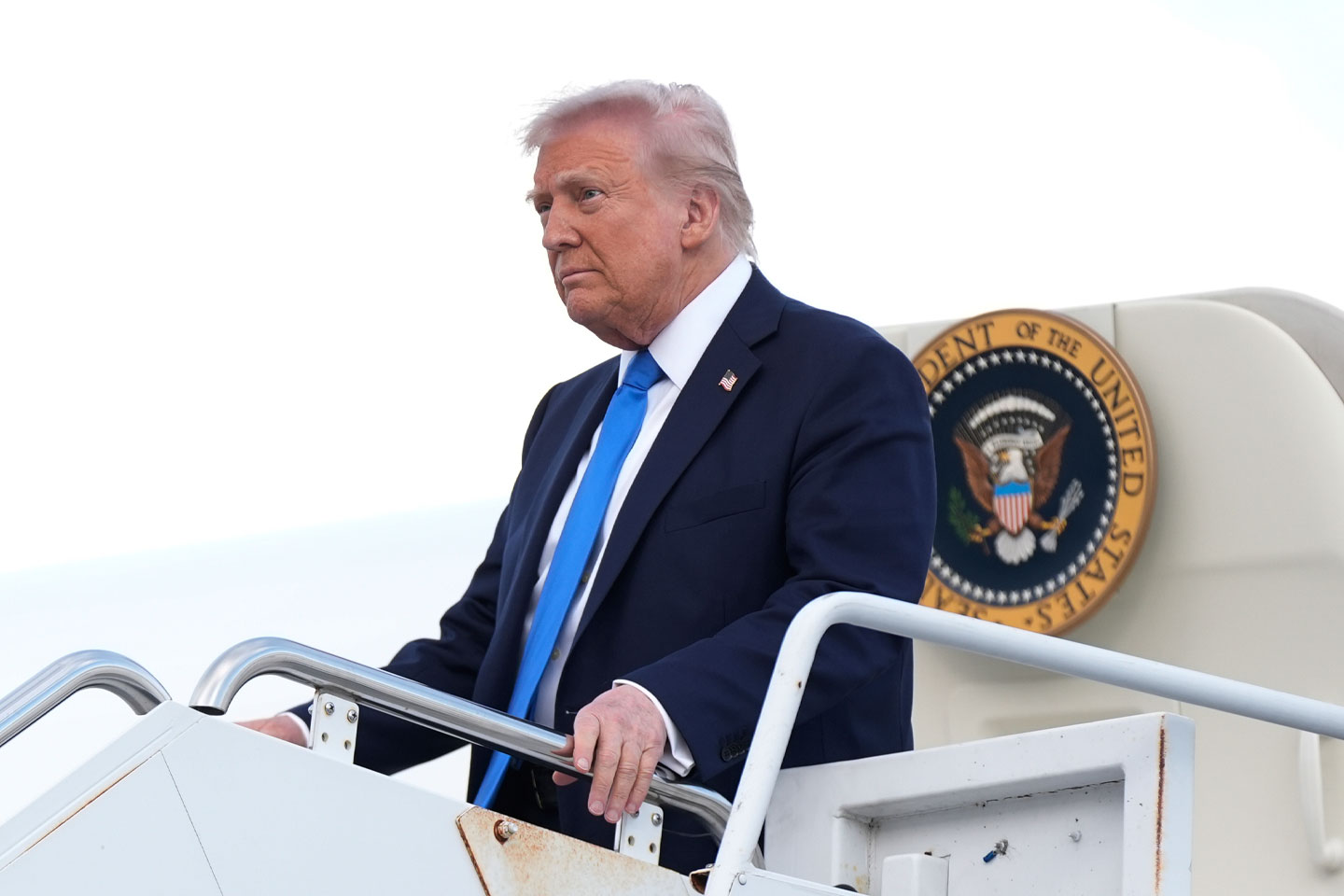
Federal Court Ruling Restores Funding for Museum Grants

Title: Federal Court Reinstates IMLS Grants After Controversial Trump-Era Cuts
In a significant legal victory for arts and humanities institutions across the U.S., the Institute of Museum and Library Services (IMLS) has begun to reinstate crucial federal grants that were abruptly revoked earlier this year under an executive order issued by former President Donald Trump. The reinstatement follows a federal court ruling that deemed the executive action unlawful, restoring much-needed funding and stability—albeit temporarily—for affected organizations.
What Happened?
In March, the Trump administration, through the short-lived Department of Government Efficiency (DOGE) once led by Elon Musk, issued an executive order mandating sweeping cuts aimed at dismantling so-called “unnecessary” agencies. At the top of this list were the IMLS, the National Endowment for the Humanities (NEH), and the Woodrow Wilson International Center for Scholars. The move effectively canceled thousands of grants, halted projects midstream, and placed the entire IMLS workforce on leave.
Trump’s action triggered an outcry from cultural and educational sectors as well as from 21 state governments. These states, represented by their attorneys general, filed a federal lawsuit challenging the executive order’s legality.
On May 21, Obama-appointed U.S. District Judge John McConnell issued a preliminary injunction halting the executive order. In his ruling, McConnell stated that Trump’s actions violated the Administrative Procedures Act and undermined constitutional principles that vest lawmaking and appropriations authority in Congress—not the executive branch.
Among other remedies, Judge McConnell ordered the IMLS to restore all affected grants and reinstate sidelined employees. The federal government was given seven days to comply, a deadline that expired on May 28.
A Fractured Landscape of Federal Funding
While the court ruling is a welcome breath of relief for many institutions, uncertainty still looms. In a brief notification email to affected organizations, IMLS Acting Director Keith Sonderling confirmed the restoration of grants but cautioned that a pending federal appeal “may affect the reinstatement of your grant in the future.”
For many nonprofits, this legal limbo complicates long-term planning and programming. Take the West End Museum in Boston, for example. Devoted to preserving the story of one of Boston’s most diverse historic neighborhoods, the museum had already received part of a two-year $75,000 grant when it was abruptly canceled last month.
“We are glad that this IMLS grant, which supports a majority of the Museum’s educational programs, has been reinstated,” said Executive Director Sebastian A. Belfanti. “However, uncertainty remains. While reinstatement will help our work move forward, the reality that the funds could disappear again without warning makes this more of a reprieve than a resolution.”
Similarly affected was the Japanese American National Museum (JANM) in Los Angeles. The museum received confirmation that a $750,000 IMLS grant would be restored for upgrades to its HVAC system, critical for preserving artifacts. However, they also lost hundreds of thousands in NEH funds, only recently securing a new $349,920 grant for digitization efforts.
“This does not change the fact that grant programs that fund education, preservation, and other programs have been completely eliminated, devastating humanities and arts communities,” stated JANM President Ann Burroughs. She also criticized the broader movement to suppress diversity, equity, and inclusion (DEI) programming.
A Broader Assault on Cultural Institutions
The IMLS and NEH were not isolation cases in Trump’s revised 2026 budget proposal. The document also recommends eliminating the National Endowment for the Arts (NEA). Critics say this is part of an ideological campaign to slash federal support for arts and education, focusing instead on what the administration describes as “patriotic” programming.
This shift also manifested in the appointment of Keith Sonderling, Deputy Secretary of Labor and staunch conservative, to lead the IMLS. His appointment was viewed as an attempt to “restore focus on patriotism,” rather than continuing IMLS’s traditionally apolitical mission.
This assault on cultural funding has mobilized resistance from several fronts. On May 2, another federal judge granted a temporary restraining order in a separate lawsuit filed by the American Library Association (ALA) along with other labor unions including AFSCME. This ruling also helped block efforts to dismantle IMLS infrastructure and conduct mass layoffs.
What’s Next?
The court’s preliminary injunction has, for now, prevented the Trump administration from executing a wide-scale defunding of cultural institutions. Yet, because the litigation is ongoing and subject to appeal, future funding is far from guaranteed.
Institutions that rely heavily on IMLS and NEH grants—many of which are small museums, libraries, and community-focused cultural centers—now find themselves in financial limbo. The legal battles may continue through the end of the year, with possible ramifications for the FY2026 federal budget and beyond.
Conclusion
The partial restoration of IMLS grants marks